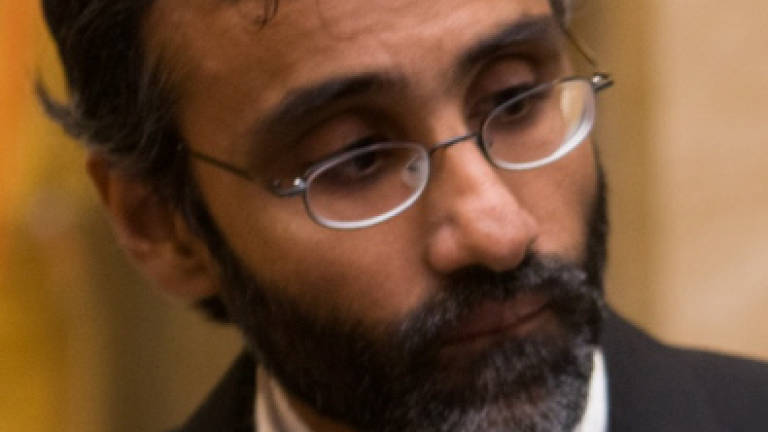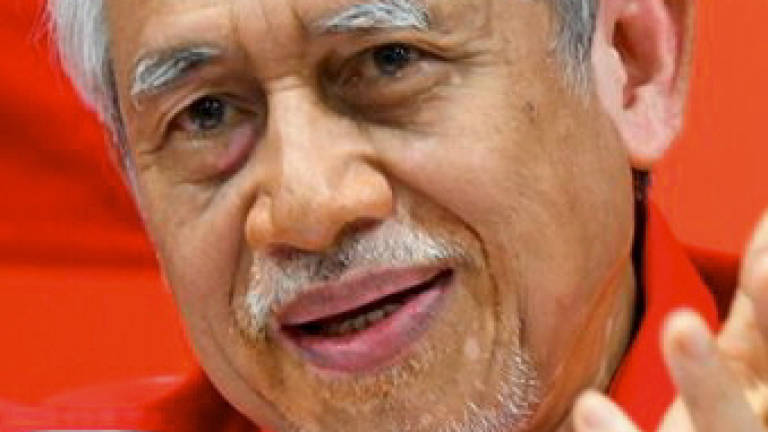Critics react to the Anti-Fake News Bill



PETALING JAYA: The Anti-Fake News Bill's approach to dealing with allegations of fake news has a potential impact on journalists as a whole, according to the National Union of Journalists Peninsular Malaysia (NUJ) general secretary Chin Sung Chew.
He said the Bill has wide reaching implications to the industry due to the heavy penalties imposed on sources, publishers and funders, plus its capacity to force media organisations to remove articles through ex-parte applications.
"Though the target of the Bill is those who create fake news, media organisations would also likely be stifled.
"Clause 8(3) states a removal order by the government against a publication that is possibly prejudicial to public order or national security cannot be applied to be set aside.
"We are gravely concerned in allowing one party to have unquestionable power to remove articles it disagrees with could be easily abused," Chin said in a statement today.
PKR MP N Surendran said the law is itself a "fake law", and repugnant to the rule of law.
The Padang Serai MP said the bill is the biggest threat to democracy in the country since independence.
"Freedom of speech is the bedrock of democracy. The public cannot freely exercise the right to free speech, with the constant threat of arrest and prosecution hanging over their head. Healthy and open public discourse will come to an end.
"The Bill is in complete contravention of the Federal Constitution, and is thus invalid and unconstitutional. Article 10(1)(a) guarantees freedom of speech. Article 10(2)(a) only allows restrictions to freedom of speech which are necessary for the purposes of public order.
"However, the definition of fake news in clause 3 of the bill as anything wholly or partly false, goes beyond the restriction allowed in Article 10(2)(a). It would include any false news, even if it is not a threat to public order. This runs foul of Article 10(2)(a)," Surendran said.
Meanwhile, Ong Kian Ming (DAP-Serdang) said the law is meant to prosecute journalists for doing their job of telling the truth.
"Those who say that journalists have nothing to fear from the Anti-Fake News Bill as long as they report accurately are clearly missing the point.
"The point of such a law is to prosecute truth tellers by labelling them as purveyors of fake news," Ong said in his tweet.
Parti Pribumi Bersatu Malaysia communications chief Datuk Kamarudin Md Nor questioned who decides what is fake news.
"If the government is the sole decision maker on this, is this a dictatorial government or a democratic government?" he asked.
Malaysiakini editor-in-chief Steven Gan has described the Anti-Fake News Bill as another tool of oppression.
"Malaysia already has a litany of laws which have been used – and abused – to combat fake news. This new law is more than just another layer of control by the government; it is a death blow to the sliver of democracy that we have," he added.
"Fake news is now whatever the government says it is. Two plus two do not make four, if the government says so. This Anti-Fake News Bill is plunging the country into an Orwellian nightmare."
However, Associate Prof Dr Jeniri Amir of Universiti Malaysia Sarawak said he thinks the tabling of the fake news act is timely, taking into consideration that it has become a phenomena, especially in social media.
"The will make social media owners to become more responsible before posting, especially now with the high fine and long jail term," he added.